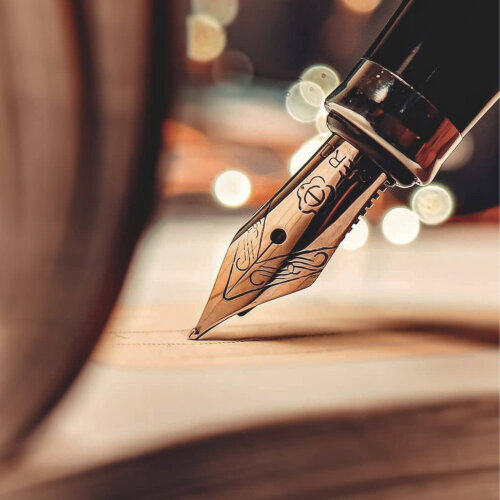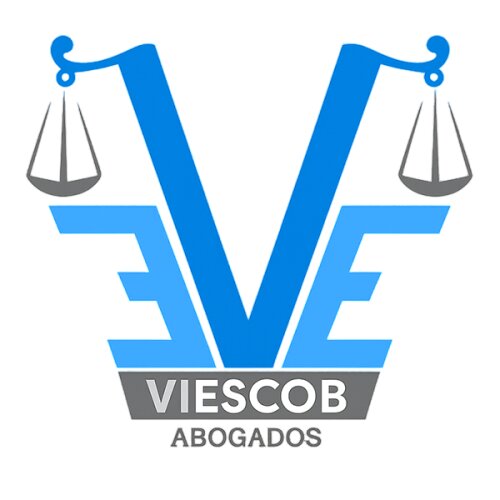Best Criminal Litigation Lawyers in Chile
Share your needs with us, get contacted by law firms.
Free. Takes 2 min.
Or refine your search by selecting a city:
List of the best lawyers in Chile
About Criminal Litigation Law in Chile:
Criminal Litigation in Chile refers to the legal process involved in prosecuting individuals accused of committing criminal offenses. This process includes investigation, trial, and potential sentencing. It is essential to have a thorough understanding of the legal system and procedures in order to navigate through a criminal case successfully.
Why You May Need a Lawyer:
There are several situations in which hiring a lawyer for Criminal Litigation in Chile is crucial. Some common reasons include being accused of a crime, facing criminal charges, needing legal representation in court, or seeking to understand your legal rights and options. A skilled criminal defense attorney can provide guidance, support, and representation throughout the legal process.
Local Laws Overview:
In Chile, the criminal justice system is based on the Napoleonic Code, which places a strong emphasis on the investigative phase of criminal cases. The legal system is designed to ensure due process and protect the rights of both the accused and the victim. It is essential to be aware of the laws and procedures specific to Chile when dealing with criminal litigation cases.
Frequently Asked Questions:
1. What are my rights if I am accused of a crime in Chile?
If you are accused of a crime in Chile, you have the right to remain silent, the right to legal representation, and the right to a fair trial. It is crucial to exercise these rights and seek legal assistance as soon as possible.
2. Can I represent myself in a criminal case in Chile?
While it is possible to represent yourself in a criminal case in Chile, it is highly recommended to hire a qualified criminal defense attorney. An attorney can provide expert legal advice, navigate the complex legal system, and advocate on your behalf effectively.
3. What is the legal process for criminal cases in Chile?
The legal process for criminal cases in Chile typically involves investigation by the police, formal charges filed by the prosecutor, trial in front of a judge, and potential sentencing if found guilty. It is essential to follow the legal procedures and seek legal advice throughout each stage of the process.
4. How can I find a reliable criminal defense attorney in Chile?
You can find a reliable criminal defense attorney in Chile by seeking recommendations from trusted sources, conducting research online, and scheduling consultations with potential attorneys. It is important to choose an attorney who has experience in Criminal Litigation and who is dedicated to protecting your rights.
5. What are the potential consequences of a criminal conviction in Chile?
The potential consequences of a criminal conviction in Chile can vary depending on the severity of the crime and the specific circumstances of the case. Consequences may include fines, probation, imprisonment, and other penalties. It is essential to seek legal advice to understand your rights and potential outcomes.
6. Can I appeal a criminal conviction in Chile?
Yes, it is possible to appeal a criminal conviction in Chile. The appeals process allows for a review of the trial court's decision and can result in a reversal of the conviction, a new trial, or a modification of the sentence. It is essential to seek legal assistance for the appeals process.
7. What is the statute of limitations for criminal cases in Chile?
The statute of limitations for criminal cases in Chile varies depending on the severity of the crime and the specific offense. It is important to be aware of the statute of limitations for your case to ensure that your legal rights are preserved and that you take appropriate action in a timely manner.
8. How can I prepare for a criminal trial in Chile?
To prepare for a criminal trial in Chile, it is essential to work closely with your attorney, gather evidence, review the prosecution's case, and develop a strong defense strategy. It is crucial to be organized, proactive, and committed to achieving the best possible outcome in your case.
9. What is the role of the prosecutor in a criminal case in Chile?
The prosecutor in a criminal case in Chile is responsible for investigating the alleged crime, filing formal charges, presenting evidence in court, and advocating for the prosecution. It is important to understand the prosecutor's role and engage with legal representation to protect your rights and interests throughout the legal process.
10. How can I protect my legal rights in a criminal case in Chile?
To protect your legal rights in a criminal case in Chile, it is essential to exercise your right to remain silent, seek legal representation, cooperate with your attorney, and follow the advice of legal professionals. It is crucial to be well-informed, proactive, and vigilant in safeguarding your rights throughout the legal process.
Additional Resources:
For more information and resources related to Criminal Litigation in Chile, you can contact the Chilean Bar Association, the Ministry of Justice and Human Rights, and local legal aid organizations. These resources can provide valuable support, guidance, and assistance for individuals in need of legal advice and representation in criminal matters.
Next Steps:
If you require legal assistance in Criminal Litigation in Chile, it is recommended to contact a qualified criminal defense attorney as soon as possible. Schedule a consultation to discuss your case, rights, and legal options. An experienced attorney can provide personalized advice, representation, and advocacy to help you navigate through the legal process effectively and protect your interests.
Lawzana helps you find the best lawyers and law firms in Chile through a curated and pre-screened list of qualified legal professionals. Our platform offers rankings and detailed profiles of attorneys and law firms, allowing you to compare based on practice areas, including Criminal Litigation, experience, and client feedback.
Each profile includes a description of the firm's areas of practice, client reviews, team members and partners, year of establishment, spoken languages, office locations, contact information, social media presence, and any published articles or resources. Most firms on our platform speak English and are experienced in both local and international legal matters.
Get a quote from top-rated law firms in Chile — quickly, securely, and without unnecessary hassle.
Disclaimer:
The information provided on this page is for general informational purposes only and does not constitute legal advice. While we strive to ensure the accuracy and relevance of the content, legal information may change over time, and interpretations of the law can vary. You should always consult with a qualified legal professional for advice specific to your situation.
We disclaim all liability for actions taken or not taken based on the content of this page. If you believe any information is incorrect or outdated, please contact us, and we will review and update it where appropriate.
Browse criminal litigation law firms by city in Chile
Refine your search by selecting a city.

















